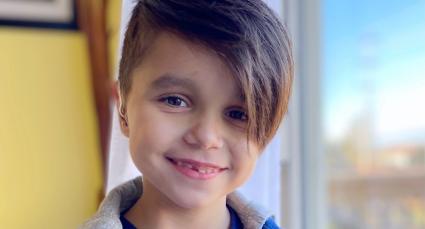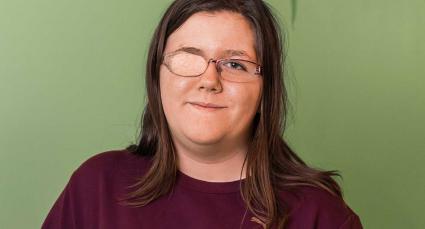When Molly and Jayne woke up on the morning of their fifth wedding anniversary in June 2023, the unimaginable happened.
Their first child, a precious little girl named Matilda, arrived 10 weeks prematurely via an emergency C-section. She weighed just one pound 10 ounces and was not breathing.
Her care team at her local hospital in Prince Edward Island quickly rushed to save her life. They were able to resuscitate her before taking her to the Neonatal Intensive Care Unit (NICU) for further care.
Molly shared the traumatic memory of not hearing her baby girl cry at birth—often a first sign of life—still affects her to this day.
Just hours after Matilda was born, her care team discovered she had a rare and serious blood-clotting disorder—putting her life even more at risk. Matilda needed specialized care to have a fighting chance to survive, so she had to be airlifted to the IWK in Halifax.
At the same time, Molly was also rushed to the IWK by ambulance. She had preeclampsia, a serious blood pressure condition. It can cause stress on the heart and other organs and can cause severe complications.
Matilda was immediately admitted to the IWK’s NICU. Thanks to the generosity of IWK donors, the NICU features private, single-family rooms, enabling newborns and their families, like Matilda’s, to stay together during critical times. Each private room has a double bed, a closet, and its own washroom with a shower.
“Being able to stay right in the room with your baby is next level,” shares Jayne. “I think it’s so important to their recovery.”
Matilda underwent numerous tests, including a cranial ultrasound (an imaging test of the brain) and an echocardiogram (a test of the heart). It was vital to find out why she was sick and fighting for her life. The test results were devastating for Molly and Jayne.
Matilda had two large brain bleeds, a hole in her heart, and was in heart and kidney failure. She was placed in an incubator and needed a ventilator to help her breathe. She also needed numerous medications to keep her alive.
After spending a month in the IWK’s NICU, Matilda was finally strong enough to go home. It was a day her parents will forever cherish, knowing the outcome could have been heartbreakingly different.
We are thrilled to share that Matilda, now two years old, is thriving! She is working on developing her voice and is meeting all of her other milestones. She loves dinosaurs and sharks, playing with her hockey sticks, and wearing her princess crown.
When asked why Maritimers should support the IWK, Jayne shared a powerful response. “You don’t understand the IWK’s importance until you need it. It’s so important to support the one place in the Maritimes that can provide specialized care for our most precious population.”



